Sustainability
Sustainability at LIPSA
LIPSA works to guarantee a supply chain for its raw materials that is safe and sustainable in social, environmental and economic terms.
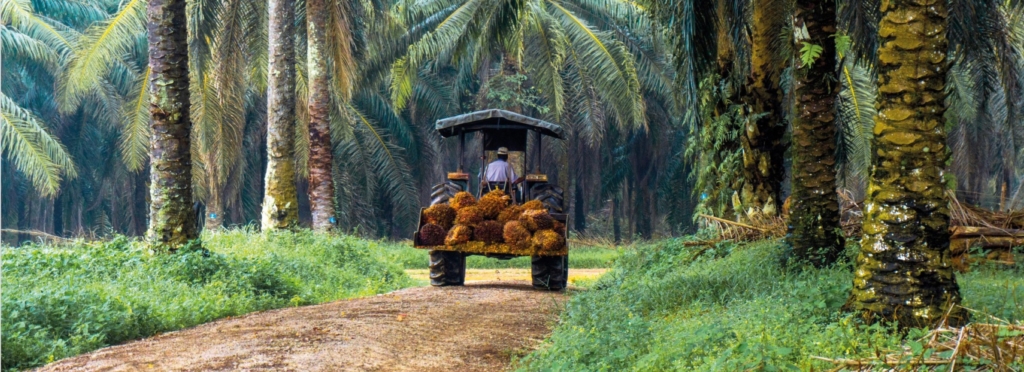
Why sustainable?
Environment
The purchase of sustainable raw materials adhering to a No Deforestation, No Peat, No Exploitation (NDPE) Policy contributes to the protection of the environment towards the goal of zero deforestation.

Promoting change
Engaging with our suppliers is key to ensuring that they are working according to our NDPE policy as well as ensuring that they have an action plan in place to guarantee sustainable supply.
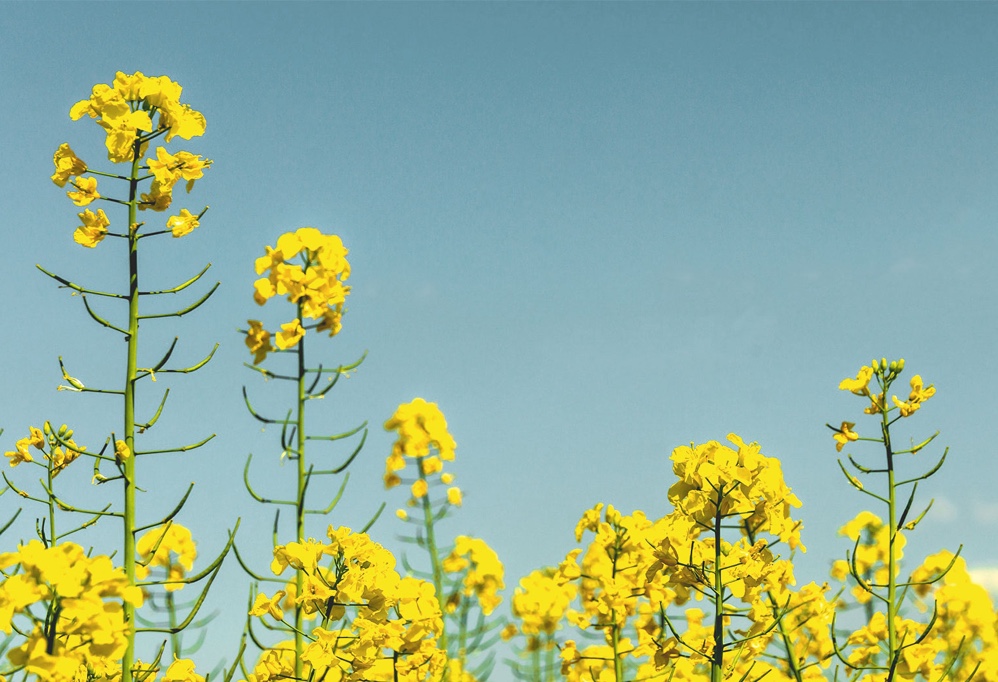
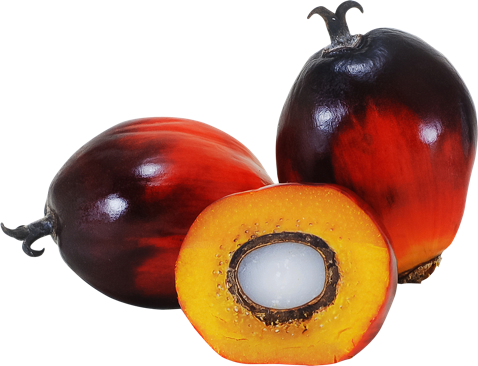
Working conditions
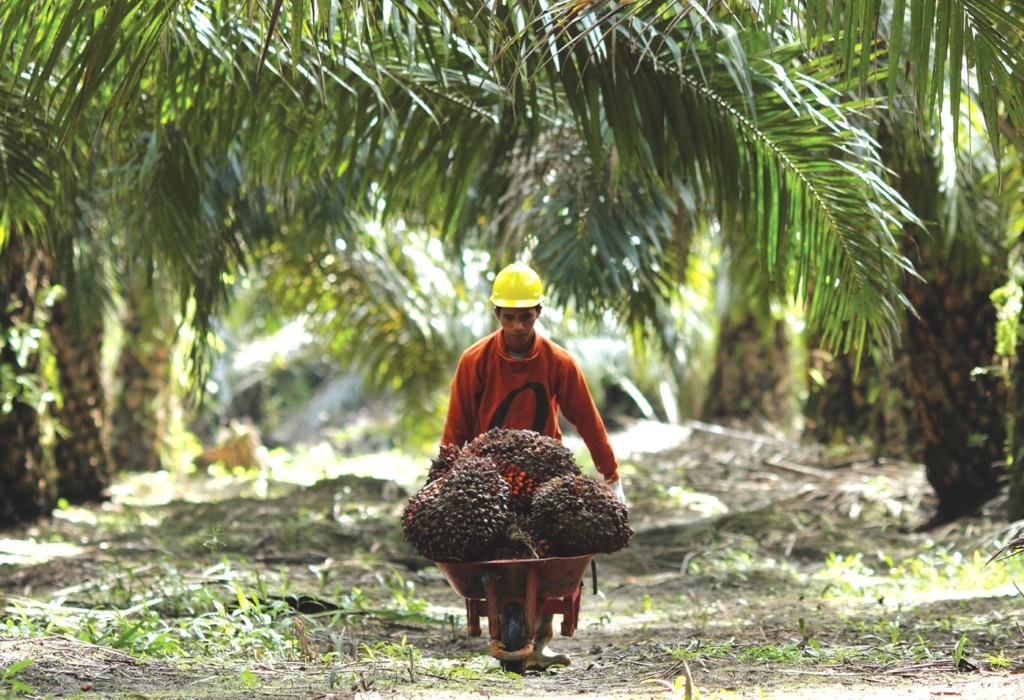
Action plan
LIPSA develops its Responsible Sourcing Policies through periodically defined action plans that establish specific actions designed to achieve its objectives of protecting the environment and improving social conditions throughout the supply chain.
-
01
Policy
Palm Oil Sustainability Policy
Download -
02
Action plan
Sustainability Action Plan for the period April 2024 to March 2025 to implement our Sustainable sourcing commitments on key commodities of our supply chain.
Download -
03
Progress report
Sustainability Progress Report 2023
Download -
04
Palm Oil Dashboard
Palm Oil Dashboard 2024
Download -
05
Policy
Environmental and energy policy
Download -
06
Policy
Responsible sourcing policy
Download -
07
Policy
Coconut Oil Sustainability Policy
Download
Transformation:
a bet for the future
To promote change and work towards a sustainable supply chain, collaboration between supply chain stakeholders in the implementation of projects and tools that contribute to the improvement of environmental and social conditions in the countries of origin is essential.
For palm oil, as Guatemala is one of our main sourcing countries, since 2019 we have been supporting a Social Performance project in Guatemala.
The project aims to improve social performance to reduce social risk derived from the palm oil industry operations. The multi-stakeholder project coordinated by Earthworm Foundation brings together the Guatemalan industry, GREPALMA, international peer companies, and civil society.
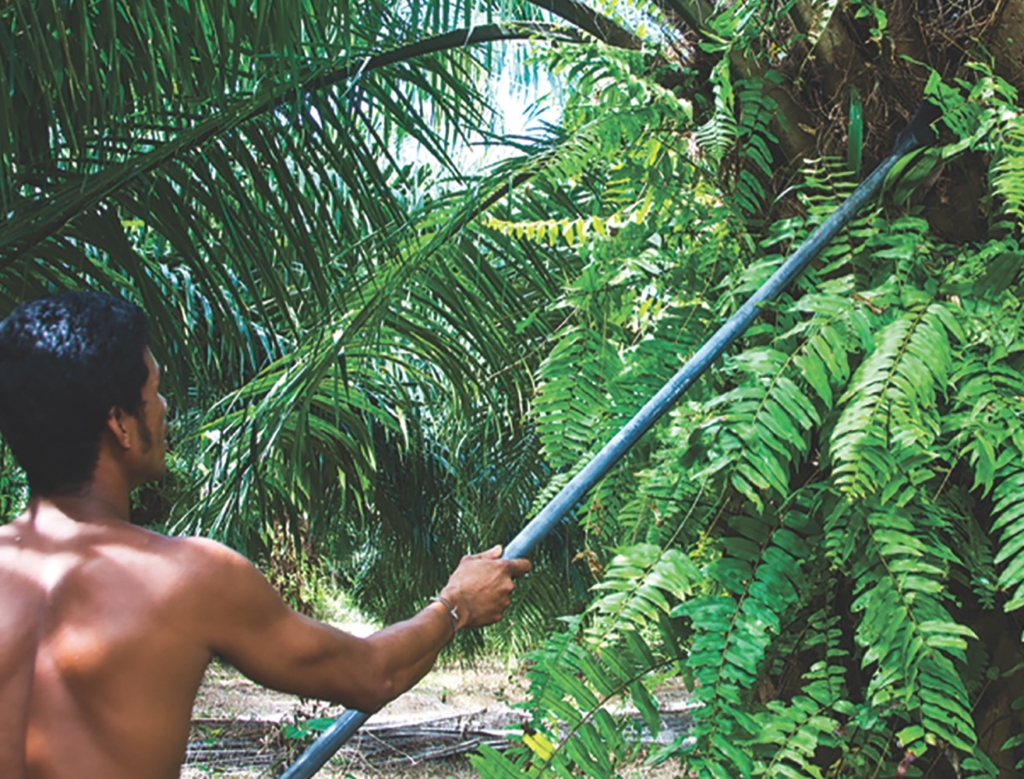
Since 2019 the project has focused on: